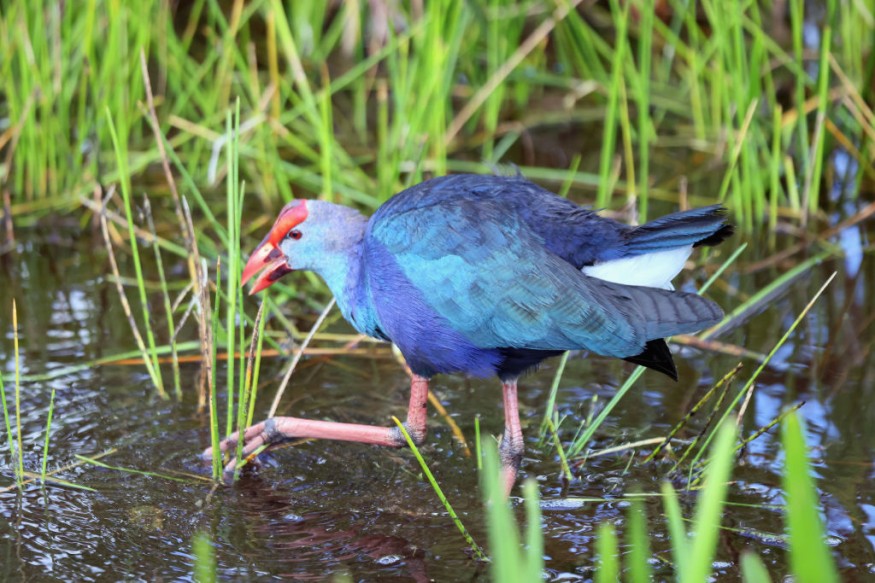
The idea of counting all the wild birds in the world sounds as impossible as counting every single strand on a person's head. However, as computing technology gets more advanced, so does data accuracy.
Thus, it is why the research group behind popular bird watching site eBird have boldly proclaimed that planet Earth currently has around 50 billion birds living in the wild today. This was the result of over two decades of managing one of the internet's most popular bird watching platforms and opens the door to using the same approach when monitoring populations of other species.
When wild birds meet big data
The findings are a testament to both the power of big data as well as the dedication of professional ornithologists and citizen science. The researchers essentially came upon the number after compiling the vast quantities of data from the website and then used algorithms that refined the reports according to the likelihood of sighting a particular bird.
Of course, the result is not 100%, but it is still the first estimate that uses concrete, real-time information. According to the website's own statement, about 200,000 bird watchers have registered and are currently publishing their activities on it. And at the end of the study, it is hoped that continued use and regular reportings can further refine the data while also contributing to worldwide monitoring of endangered bird species.
eBird was launched way back in 2002 and was initially intended to become a sort of internet hub that could connect bird watchers from around the world. Fast forward 20 years later and it has become one of the most popular bird watching platforms, as well as a major backer of Global Big Day (a day dedicated to the stopping of illegal bird hunts and the interference to their yearly migration). The site's success and subsequent use of its citizen science data could inspire other similar initiatives and help account for the population of other types of animals (not just birds).
Spotting wild birds and global warming awareness
The findings also have potential in global race against climate change. As flying, migratory animals, birds are among the few living creatures who experience the effects of global warming firsthand. The rising temperatures have altered weather patterns, transformed former nesting grounds and reduced food supplies.
And when it turns out that there are about seven wild birds for every human being, the data they generate could paint a sharper, starker image of where the global environment is headed. Oftentimes, even in the face of climate change-related calamity, there remains a certain degree of uncertainty over what the changes are and how it could really impact human populations.
eBird's use of big data is a major step in the direction of getting actionable evidence towards developing a more sustainable, emission free global economy. And at the same time, it serves as a great rallying point for many concerned citizens around the world who are troubled by the impact of man-made activity on their beloved species.
© 2025 NatureWorldNews.com All rights reserved. Do not reproduce without permission.





